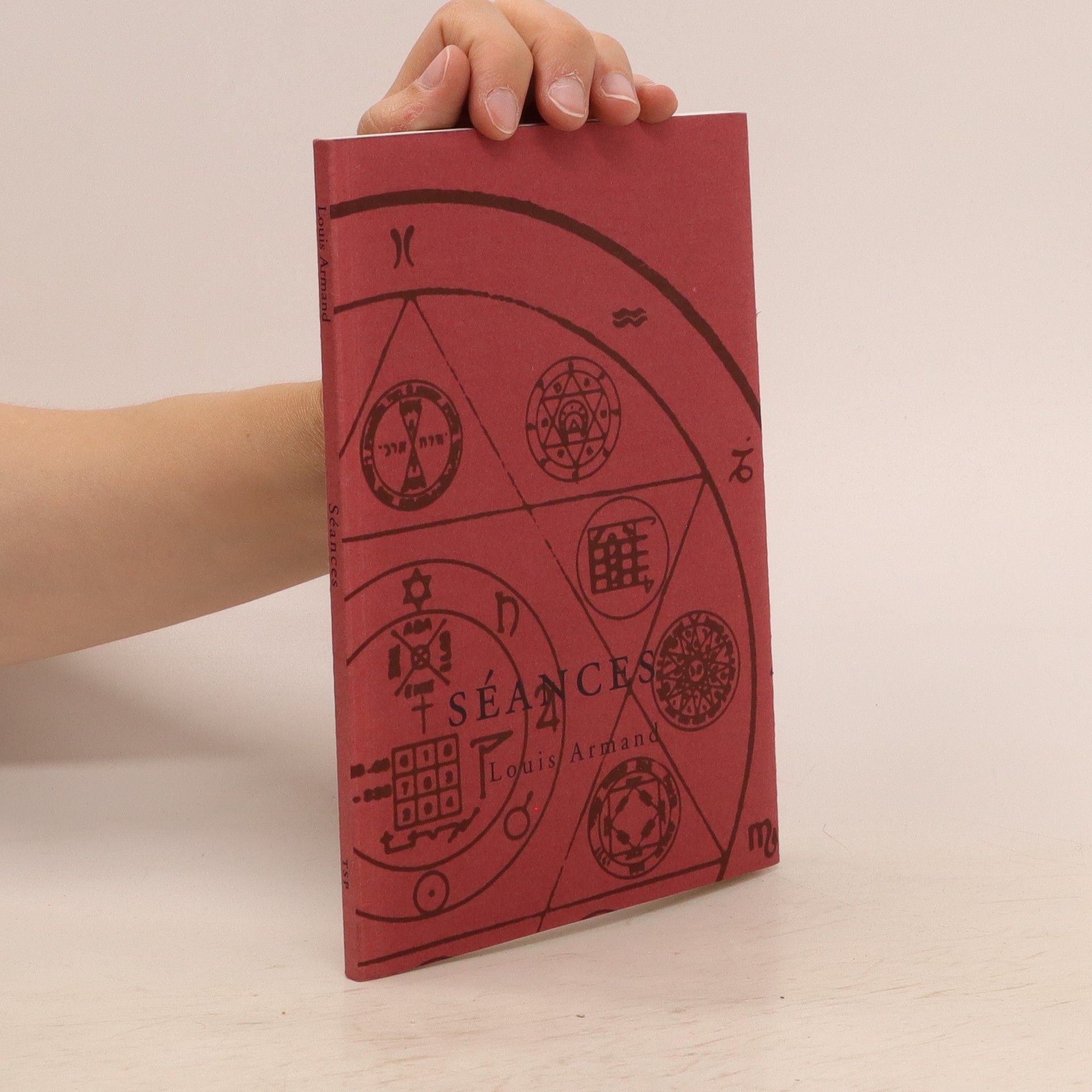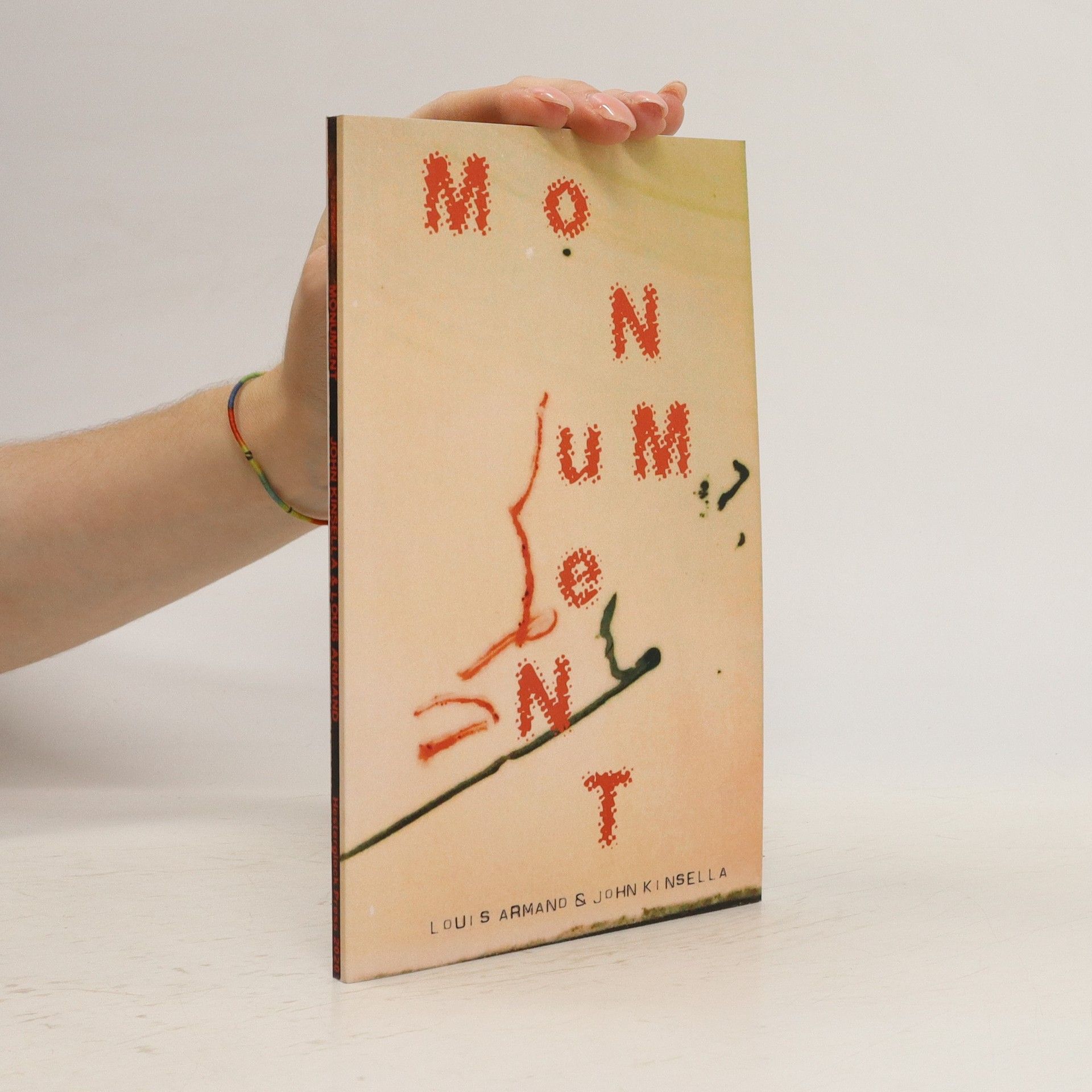City Primeval - New York, Berlin, Prague
- 552 pages
- 20 hours of reading
CITY PRIMEVAL is a collection of personal documentaries reflecting the vibrant underground scenes of New York, Berlin, and Prague from the late 1970s to the present. It encompasses a range of cultural movements, including New York's Post-Punk and No Wave, the fall of the Berlin Wall, and the Velvet Revolution in Prague. The anthology features contributions from a diverse array of contemporary writers, poets, musicians, designers, filmmakers, photographers, and performers, highlighting the unique artistic expressions that emerged during this dynamic period. Notable contributors include Bruno Adams, Penny Arcade, Louis Armand, and Lydia Lunch, among many others. Each piece offers a personal journey through time in these cities, showcasing the distinct personalities and creative spirits that shaped the cultural landscape. The book serves as a testament to the influential artists and their contributions to the zeitgeist of the 1980s and beyond, capturing the essence of an era marked by innovation and rebellion. As Ann Magnuson notes, it perfectly encapsulates the eclectic mix of artists and their impact on the cultural fabric of the time.







